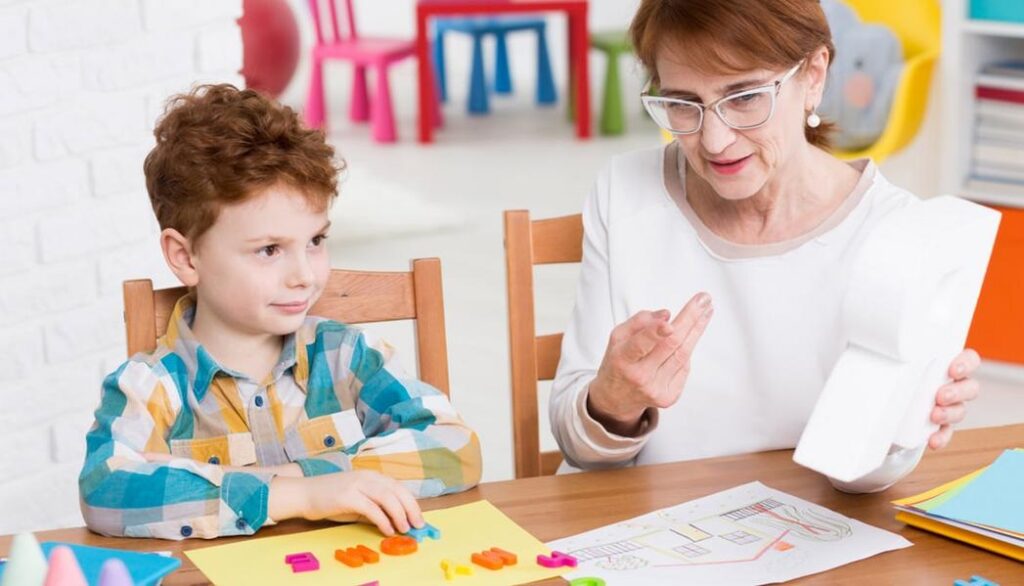Unlocking Potential and Comprehensive Guide to Preschool Curriculum
Unlocking the potential of young minds begins with a comprehensive and thoughtfully designed preschool curriculum. This crucial stage in a child’s development lays the foundation for future academic success, social skills, and lifelong learning. A well-structured preschool curriculum encompasses a holistic approach, addressing cognitive, emotional, social, and physical development. The curriculum should be flexible, recognizing and accommodating the diverse needs and learning styles of each child. In the cognitive domain, a robust preschool curriculum introduces age-appropriate activities that stimulate curiosity and critical thinking. Activities that promote language development, numeracy skills, and early literacy are vital components. Storytelling, games, and interactive play not only enhance language skills but also foster a love for learning. Mathematics concepts can be introduced through hands-on activities, promoting a strong numerical foundation. Additionally, activities that encourage problem-solving and creativity help nurture a child’s innate curiosity and eagerness to explore.

Emotional and social development is equally important facets of a preschool curriculum. Activities that promote self-awareness, emotional regulation, and empathy contribute to a child’s emotional intelligence. Social interactions within a group setting enable children to develop important social skills such as sharing, taking turns, and conflict resolution. Group activities also foster a sense of community and belonging, laying the groundwork for positive relationships with peers. Physical development is addressed through age-appropriate activities that enhance fine and gross motor skills. Play-based learning, including activities like climbing, jumping, and drawing, not only promotes physical coordination but also contributes to the development of spatial awareness and fine motor control. Incorporating outdoor play into the curriculum provides opportunities for gross motor skill development and a connection with nature, fostering a healthy and active lifestyle from a young age and Go to website.
A comprehensive preschool curriculum recognizes the importance of parental involvement and communication. Regular updates, parent-teacher conferences, and collaborative activities bridge the gap between home and school, ensuring a child’s developmental needs are consistently supported. Open communication also allows parents to actively participate in their child’s learning journey and provides insights into the child’s progress and areas for improvement. In conclusion, unlocking the potential of preschoolers requires a holistic and flexible curriculum that addresses cognitive, emotional, social, and physical development. A well-designed curriculum not only imparts foundational knowledge but also instills a love for learning, fosters social skills, and promotes a healthy lifestyle. By recognizing the unique needs of each child and incorporating diverse and engaging activities, a preschool curriculum becomes a powerful tool in shaping the future success and well-being of young learners.